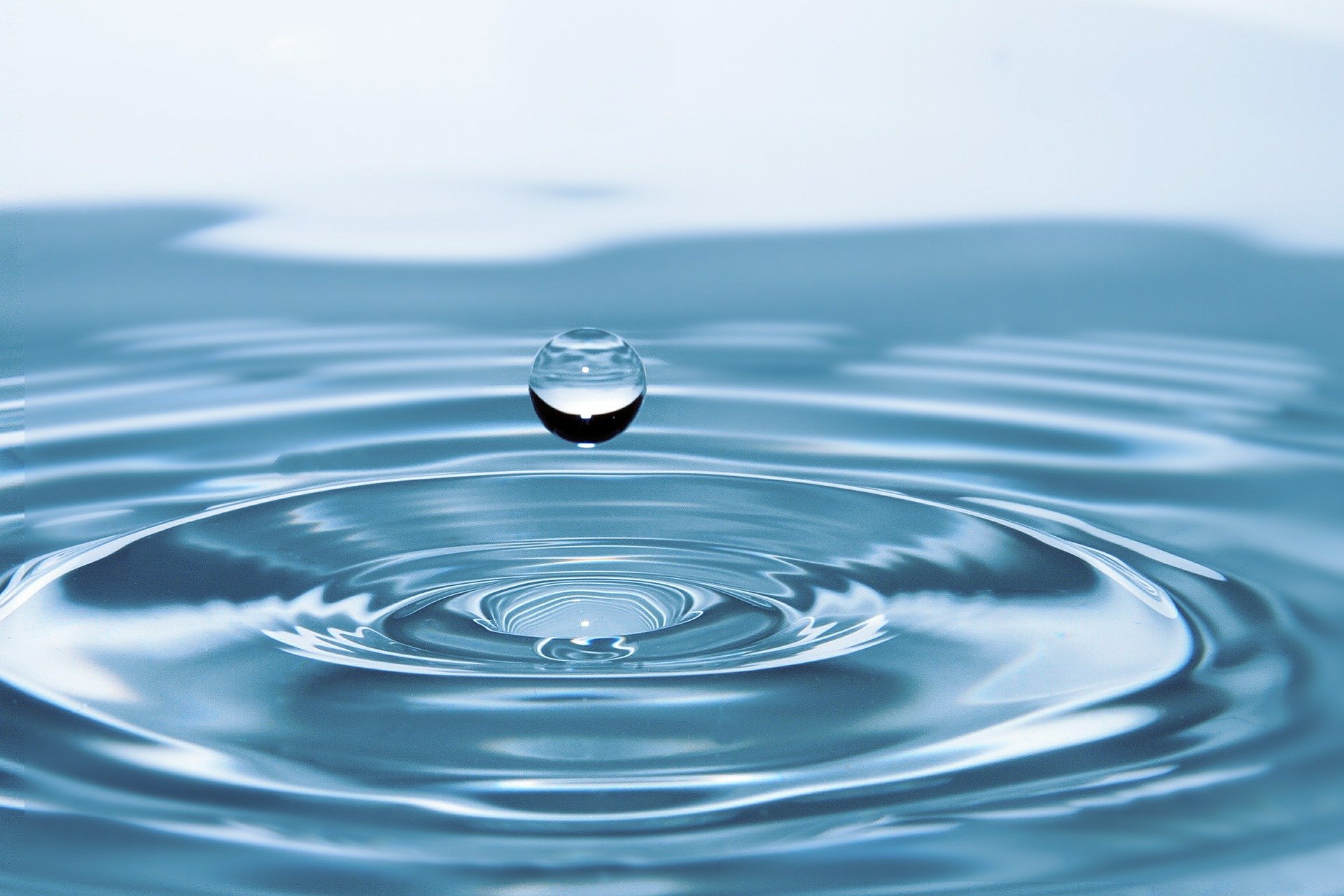High-quality feed water is essential for safe, efficient, and dependable boiler operation. Even small concentrations of dissolved gases, minerals, or suspended particles can erode metal, cause scaling, clog passages, and reduce heat transfer. Over time, these issues degrade steam output, raise fuel use, and lead to unplanned maintenance or equipment failure.
Because boilers concentrate water into steam, any impurities present in the feed water become increasingly problematic with higher pressures and temperatures. The stricter the boiler’s duty (in terms of pressure, temperature, or throughput), the more demanding the water chemistry requirements must be.
Key Boiler Feedwater Impurities & Their Risks
Understanding the common contaminants in feed water is vital for specifying proper boiler treatment. Below are the principal impurity categories and their operational consequences:
| Impurity | Risk | Description |
|---|---|---|
| Dissolved Gases (Oxygen, CO₂) | Corrosion, pitting | Oxygen attacks metal surfaces, while CO₂ can convert to carbonic acid, accelerating corrosion. |
| Dissolved Minerals / Hardness (Calcium, Magnesium, Silica) | Scale formation | Minerals precipitate at high temperatures, depositing insulating layers that reduce heat transfer and cause local overheating. |
| Suspended Solids / Iron / Metals | Fouling, sludge, blockages | Particles settle in tubes or valves, restrict flow, and combine with corrosion byproducts, worsening deposits. |
| Carryover / Foaming / Priming | Steam contamination, downstream equipment damage | Trace water and dissolved salts can be entrained with steam, harming turbines, heat exchangers, or other downstream systems. |
Boiler Operating Pressure, Purity & Chemistry Standards
As boiler pressure rises, allowable levels of contaminants fall. Higher-pressure systems require tighter control of total dissolved solids (TDS), alkalinity, pH, and dissolved gases to avoid damage or steam purity issues. Many facilities adopt real-time monitoring systems, such as Steam & Water Analysis Systems (SWAS), to continuously verify chemistry and maintain protective margins before problems emerge.
In industrial boiler practice, there are consensus guidelines and industry standards specifying acceptable ranges for feedwater and boiler chemistry based on pressure and duty. These frameworks help operators choose target values that balance protection and efficiency.
Boiler Treatment Methods: External & Internal Conditioning
Effective boiler feedwater conditioning typically combines external pretreatment with internal boiler-side controls:
- External Treatment includes filtration, ion exchange or softening, reverse osmosis or demineralization, and deaeration to remove oxygen and CO₂ before water enters the boiler.
- Internal Treatment involves injecting scale inhibitors, oxygen scavengers, and alkalinity controllers, and maintaining appropriate blowdown procedures to manage residual dissolved solids and solids concentration.
Together, these layers protect heat transfer surfaces, reduce corrosion, and maintain consistent steam quality.
Benefits of Maintaining High Boiler Feed-Water Quality
When feed water meets defined chemistry criteria, boilers perform better and last longer. Key advantages include:
- More efficient heat transfer and lower fuel consumption
- Reduced maintenance, fewer failures, and longer component life
- Less blowdown, conserving water and energy
- Cleaner steam, protecting downstream equipment
- Lower overall lifecycle costs and improved operational reliability
Supporting Boiler Feedwater Quality at IPE
IPE brings deep expertise in water treatment, pump systems, and process integration to support your boiler water quality goals. We deliver treatment systems, pumping equipment, and control schemes that work in harmony to protect your steam cycle. Through diagnostics, service, and continuous support, IPE helps avoid chemistry drift, safeguards your equipment, and maintains efficient, uninterrupted operation.
Feedwater quality is foundational to boiler performance, efficiency, and longevity. Unchecked impurities erode metal, choke flow, and undermine thermal output. With the right combination of treatment strategies, monitoring, and boiler pump integration, operators can safeguard steam systems, reduce costs, and operate more reliably.
Illinois Process Equipment (IPE) provides the expertise, equipment, and service support to help you maintain superior feedwater quality in boiler systems. We integrate water treatment, pump selection, and system controls to optimize performance and protect your assets. Contact us to evaluate your boiler feedwater strategy and raise your steam system’s resilience.



